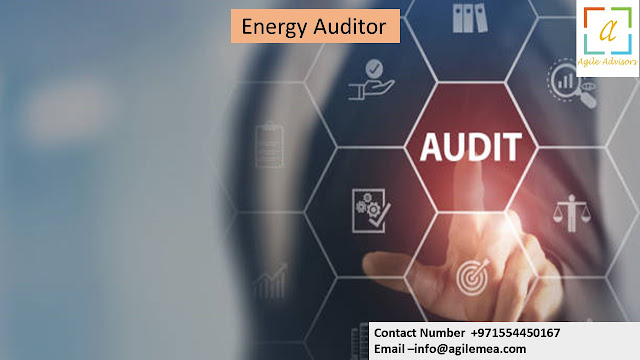The Criteria For ESG
A framework called environmental, social, and governance (ESG Consultant) is used to evaluate an organization's operations and performance on many ethical and sustainable concerns. It also offers a tool to gauge the opportunities and hazards for businesses in certain fields. ESG investing is a technique used by certain investors in capital markets to assess businesses and inform their investment decisions.
Although corporate governance, sustainability, and ethics are typically regarded as non-financial performance indicators, an ESG Consultancy program's role is to ensure accountability and the implementation of systems and processes to manage a company's impact, including its carbon footprint and how it treats customers, partners, and other stakeholders. Initiatives focused on environmental, social, and governance issues (
ESG Strategy) also support broader efforts in business sustainability that attempt to position businesses for success over the long term through ethical corporate governance and commercial practices.
ESG is becoming more and more important to business and IT leaders in firms as a practical business strategy as the number of ESG Consulting funds for managing assets rises. The initiative to strengthen a company's focus on sustainable and ethical practices benefits greatly from each element of ESG. Here are specifics on typical ESG standards that investors and businesses adopt.
Customers' behavior has frequently changed to emphasize more environmentally friendly behaviors. More and more customers are looking to recycle, reduce waste, choose environmentally friendly items, and reward ethical companies. These objectives also play a role in ESG investing when deciding which investments to make.
Individual and institutional investors that take into account ESG Reporting problems frequently seek to utilize their funds to support businesses that share their own beliefs about social responsibility and environmental sustainability. Due to cheaper costs, lowered business risks, and new marketing opportunities, these businesses may also have superior long-term financial performance than other companies, which could enable them to beat the stock market. As a result, ESG investing has grown significantly.
To give investors pertinent ESG Meaning data, a process with numerous steps is involved. Companies monitor internal ESG measurements, which can vary from one firm to another depending on the sector, organizational structure, and corporate aims. The outcomes can then be documented and shared using several ESG reporting frameworks. After analyzing the reports, various ESG rating firms assign ESG scores to the companies. All of these data can be taken into account by ESG investors when making investing decisions.
Customers from both the consumer and corporate world who take ESG factors into account when making purchasing decisions are more inclined to look for goods or services from ESG-conscious businesses.
.jpg)
.jpg)



Comments
Post a Comment